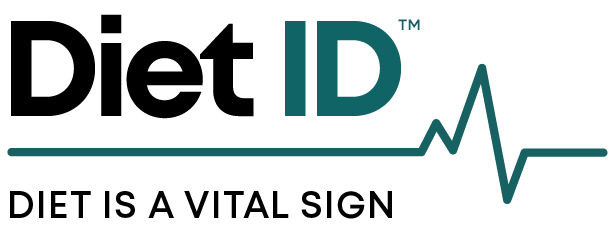While chronic disease is both preventable and reversible, traditional management approaches reinforce a damaging cycle of keeping a person sick while controlling symptoms. Food as Medicine (FaM) solutions have the potential to treat the condition in a way that heals the body over time, lessening or eliminating the need for costly medications while promoting healthy living.
Food as Medicine is an umbrella term for food programs designed to both prevent and treat nutrition-related health conditions. Produce prescriptions and medically tailored meal (MTM) programs are solutions getting a lot of attention right now, and for good reason. These programs, which target conditions such as type 2 diabetes, hypertension, and kidney disease, have been shown to improve recipient health outcomes, improve medication adherence, and reduce dependency on hospitals. In fact, in a 2022 Tufts University study examining health outcomes for people who received deliveries of MTMs, the researchers estimated that establishing similar programs nationwide could prevent more than a million hospitalizations each year. In addition, they projected billions of dollars in savings for Medicaid and Medicare.
Produce Rx and MTMs are prescribed by medical providers, just like drugs. And they are now a covered benefit by several payers across the country. The Centers for Medicare & Medicaid Services has allocated a portion of their funds to cover these benefits to those who are eligible. Currently, Arkansas, Massachusetts, and Oregon are providing Medicaid-covered benefits. California is also piloting meal programs covered by private payers.
Because MTM programs are in such high demand and are growing so quickly, it can be challenging to work through the complexity of getting the right food to the right person at the right time. But deploying these programs to a growing eligible population is not only possible, but scalable. Diet ID is partnering with food benefit providers, such as Tangelo, to support FaM programs that require a comprehensive, data-driven nutrition layer. The digital solution involves a quick, image-based survey (available in Spanish) to score baseline diet quality and measure improvements over time. Diet ID’s user-friendly interface and data-driven reporting make outcome measures a breeze, and provide deep insights to inform program enhancements.
Book a demo with us to learn more about Diet ID’s role in FaM and how we can work together to tackle food insecurity and lifestyle-related diseases.



